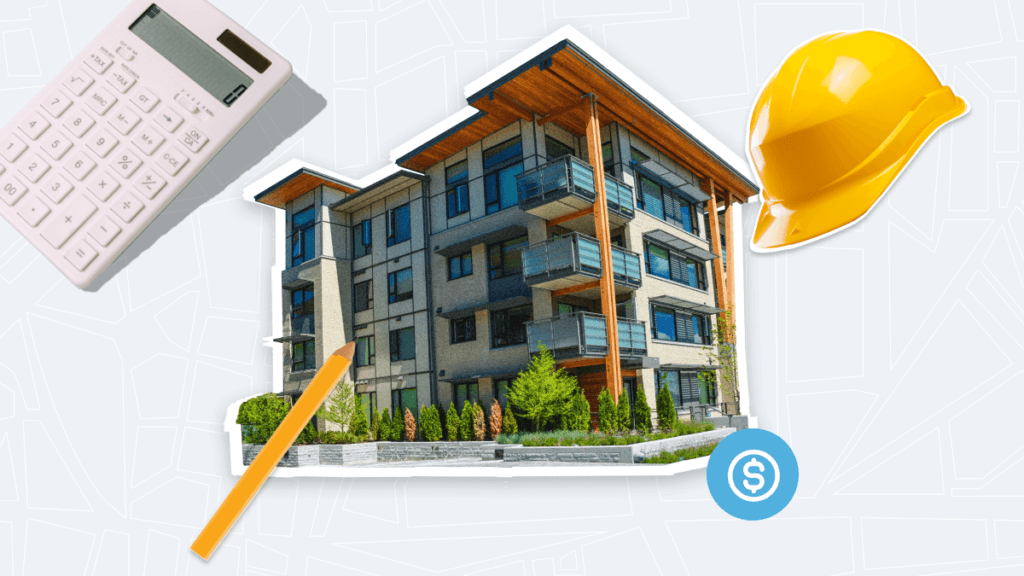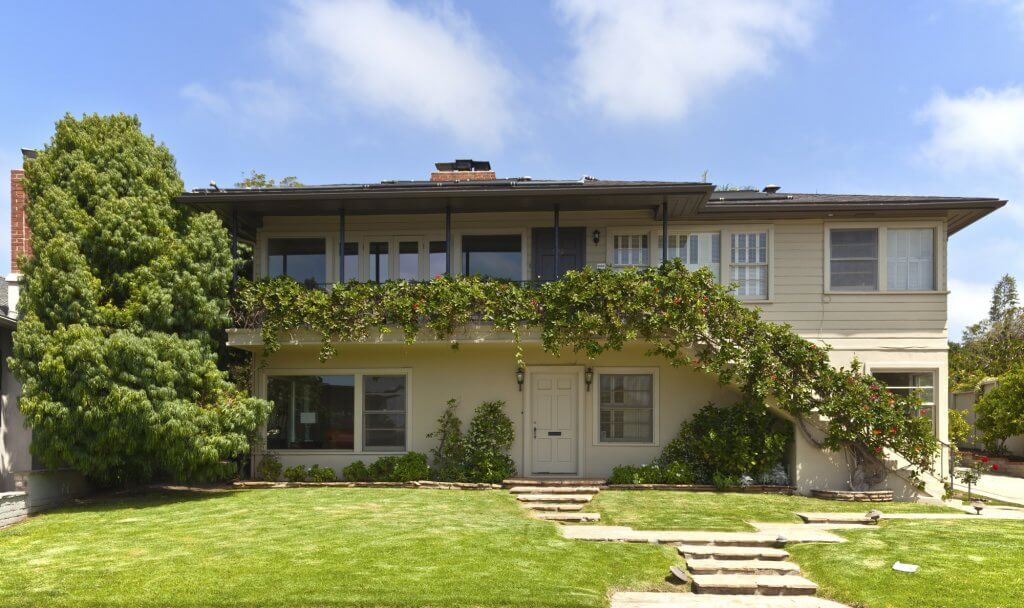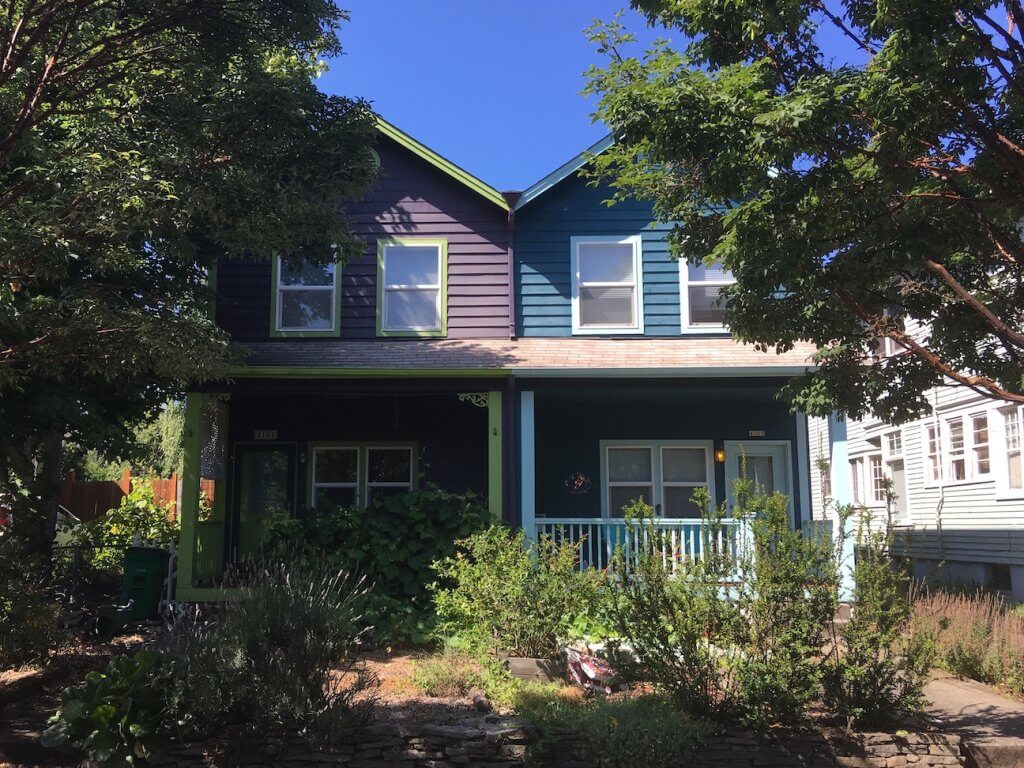2020 California Legislature Year In Review: A Frustrating End to a Disappointing Year in Housing
Published On September 18, 2020
On Monday, August 31st, the 2020 California legislative year ended in dramatic fashion, with a flurry of last-second votes and missed deadlines capping off the pandemic-shortened session. In the end, nearly all of the high-profile policies that were lucky enough to make it to the session’s final days fell just short of passage—to the great frustration of housing advocates and lawmakers alike. Now that the dust has settled, it is clear that this year’s housing efforts can only be summarized with one word: disappointment.
At the start of the year, many policymakers as well as the governor had declared 2020 to be “the year of housing production.” After a 2019 session that saw billions in new funding for affordable and supportive housing development and the passage of historic tenants’ rights legislation, policies to tackle exclusionary zoning, expand where homes could be built, and address the high cost of construction were poised to prevail in the session’s second year. Dozens of production-focused bills were introduced, among them a revamped Senate Bill 50, State Senator Scott Wiener’s third attempt at achieving sweeping statewide zoning reform. Several other bills followed, aimed at addressing exorbitant local fees on new housing, simplifying and expediting California’s famously onerous approval processes, reforming the state’s density bonus law, and expanding residential building on commercial and retail properties, to name just a few. But even before the pandemic took hold, it was clear that the challenges facing production-focused housing legislation were as formidable as ever, with SB 50’s January demise a harbinger of things to come.
In the months that followed, a pandemic-shortened session forced several production bills to the back burner. And while housing was still being touted as a priority in Sacramento—with the Senate and Assembly each announcing their own “housing packages” of production-focused legislation—nearly all of the remaining housing bills were either stalled or significantly whittled down. The final remaining high-profile production bill—SB 1120, which could have created hundreds of thousands of new homes—ran out of time to be sent to the governor’s desk, despite passing both the Assembly and the Senate. In the end, no components of the Senate President Pro Tempore Atkins’ housing package were passed, and only a handful of the Assembly’s housing bills received approval.
It is difficult to see how production policies will fare any better next year without a new approach and dedicated leadership. Despite overwhelming evidence that California is in desperate need of more homebuilding, even more incremental reforms continue to be derailed by political infighting. To be sure, tenant protections and more funding are critical, but simply put: there is no long-term solution to California’s housing affordability crisis without building millions of new homes in a manner that is consistent with climate and racial equity goals. In 2021, lawmakers must be willing to engage all ideas and perhaps even cast uncomfortable votes in order to show that they are serious about addressing the state’s overwhelming housing shortage. Californians cannot afford another wasted year.
Below is a summary of the housing bills that passed in the 2020 California legislative session. (NOTE: Governor Newsom must act on each bill by September 30th.)
AB 3088 (Chiu) – Expands Eviction Protection for COVID-Related Income Losses
With strong support from the Governor and legislative leadership, this bill came together at the 11th hour with the goal of preventing evictions related to income loss due to the pandemic and serving as a bridge to possible future federal rental relief. Our August analysis shows that close to one million California households have experienced a job loss as a result of the pandemic. Under AB 3088, renters impacted by COVID-19 who have missed payments from March through August 2020 are protected from evictions until February 2021 and are required to pay 25 percent of their rent moving forward from September through January 2021. Tenants must also declare that they have been financially impacted as a result of the pandemic. However, tenants are still on the hook for rent arrears, and property owners have the right to collect any unpaid rent through small claims courts beginning in March 2021, though they may not evict based on arrearages. Tenants who fail to pay the required 25 percent of rent during this time may be evicted beginning February 1, 2021. For small property owners who own less than four units, the bill also provides some relief by limiting foreclosures.
The bill takes effect immediately as urgency legislation, passed by two thirds of each chamber, and has already been signed by Governor Newsom.
AB 2345 (Gonzalez) – Reforms States Density Bonus Law
This bill expands existing state Density Bonus law to allow developers to build more homes in exchange for a higher set aside of affordable units. Specifically, a developer may now receive a 50 percent increase in their project’s density in exchange for reserving either 15 percent of units at Very-Low-Income (VLI) levels, or 24 percent of units at Low-Income. A developer can also receive a 50 percent bonus by reserving 44 percent of their units for Moderate-Income households, but only in for-sale projects. The law also provides more flexibility for earning Density Bonus concessions (e.g., lower parking requirements, reduced setbacks, etc.)
Our recent analysis of this bill’s potential impact on project feasibility found modest differences between AB 2345 and existing law. In fact, our pro forma model showed that a developer could expect to receive a slightly lower return under AB 2345 due to the higher level of required affordability. However, the real value of the increased density options in AB 2345 is the flexibility it gives developers in meeting local inclusionary requirements. These requirements are often not aligned with existing Density Bonus law, making the economics of inclusionary projects difficult to solve. AB 2345 can help a developer make a project pencil where inclusionary requirements are higher by providing more bonus density to offset the higher percentage of affordability.
AB 725 (Wicks) – Requires More Multifamily Housing
While not as high profile as some of the 2020 housing bills that did not pass, AB 725 is a formidable policy reform in its own right, and will compel cities to rezone significant swaths of low density land to accommodate fourplexes. Starting in 2022, this bill requires that at least 25% of a jurisdiction’s share of their above moderate-income housing target be allocated to sites with zoning that allows at least four units. In practice, this means that cities with predominantly single-family zoned sites (more than 75 percent of their land area) will need to rezone some of these areas to accommodate fourplexes, at minimum.
AB 1851 (Wicks) – Reduces Parking Requirements on Church Lot Housing
The potential for building new homes on land owned by faith-based institutions is significant, as our spring report found. In fact, there are roughly 38,800 acres of potentially developable land owned by faith-based institutions throughout the state. However, onerous parking requirements are often a barrier to developing this land. AB 1851 loosens parking requirements by prohibiting a jurisdiction from requiring that a new project replace parking that is lost from new housing.
AB 1561 (C. Garcia) – Extends Housing Approvals
This bill requires jurisdictions to extend entitlement expiration dates by 18 months for projects that have yet to break ground. This is a small but important policy given the slowdown in project financing which has put many approved housing projects on hold. By extending project approvals, developers will have more time to solidify project financing without fear of needing to restart the approval process.
AB 69 (Ting) – Creates ADU Financing Pilot
A late addition to this session, AB 69 tasks the California Treasurer’s Office with creating a new lending guarantee program (housed in the state’s Housing Finance Agency) to facilitate the construction of up to 50,000 new ADUs. As our recent report on the state’s ADU growth notes, new financial tools are greatly needed to expand ADU adoption to more low- and moderate-income homeowners.
SB 1079 (Skinner) – Expands Right to Purchase and Unbundles Auction Sales
This bill makes two important changes to how foreclosed properties are sold. First, the bill prohibits the bundling of foreclosed properties sold at auction, instead requiring each property to be sold individually. Second, the bill also gives certain entities the first right of purchase of foreclosed homes, including the tenant of the foreclosed home, an affordable housing builder, or a community land trust, among others. Combined, these provisions are aimed at providing more opportunities for local residents and non-profits to acquire foreclosed properties, as opposed to larger institutional investors.
AB 434 (Daly) – Streamlines Affordable Housing Funding Applications
This bill requires the California Department of Housing and Community Development to create a streamlined application process for its various affordable funding programs under the Multifamily Housing Program. As our analysis has found, the cost to build affordable housing increases with each source of financing that is needed to build a project. This is because competing for and winning multiple grant applications takes time, which in turn increases development costs. AB 434 would help organize some funding applications in the hope of cutting down the overall time to secure approvals.
AB 1845 (L. Rivas) – Creates Office to End Homelessness
This bill would create a new agency, the Office to End Homelessness, which would be led by a new Secretary of Homelessness to be appointed by the governor. This new agency would be responsible for making recommendations to the governor and the legislature regarding new state policies, programs, and actions on homelessness.
AB 3182 (Ting) – Prohibits HOAs from Banning Renters
Currently, common interest developments (otherwise known as Homeowners Associations or HOAs) are allowed to prohibit homeowners from renting out their homes. This bill would prohibit a common interest development from restricting home rentals to less than 25 percent of homes under their purview.





